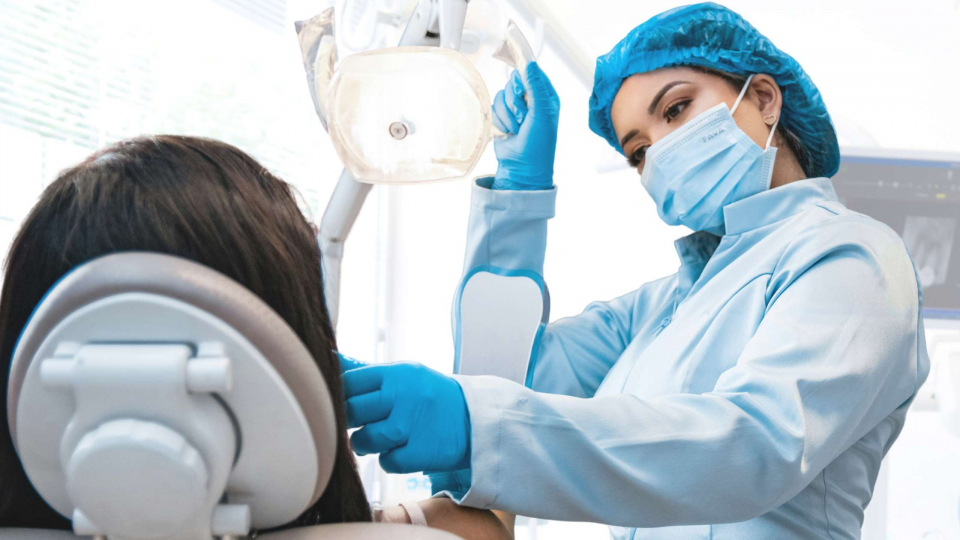Having missing teeth is one of the most common oral problems in the world.
Along with cavities and gum disease, it is one of the most frequent causes of a
visit to the dentist to get dental implants.
Now that the holidays are coming and the thanksgiving dinner is on the way,
you might be considering what you can do if you have lost some pieces.
Why does tooth loss happen?
Losing a tooth can be a consequence of a multitude of oral factors, from decay
to fractures, periodontitis, and even failed previous treatments. The severity of
teeth loss reflects both the history of dental diseases you might have and the
relationship you have had with your dentist. The dentists also called this
condition edentulism, and it can be partial, with individual loss, or complete, with
a total loss of teeth.
The exact reasons for tooth loss are hard to establish, and they depend on
every particular case and history. However, they can be directly related to
dental problems or, sometimes, to other systemic conditions and oral diseases.
How losing a tooth can affect you?
Unlike decades ago, where some treatments and the approaches were more
aggressive, preserving a tooth is now the chief purpose of a dentist.
Just like any other dental problem, losing one or several teeth can affect your
oral health significantly.
When we lose a tooth, the surrounding pieces try to move around to fill the
empty space left. Therefore, leaving a hole in our smile breaks the balance in
our bite, and, furthermore, losing every tooth causes a reduction in the bone
called osseous resorption. This resorption is the one that gives the edentulous
people their look, changing their facial proportions, and affecting their image
and confidence.
Although it might seem like a small problem, even losing one single piece can
affect the rest of your healthy teeth. Eventually leaving you with complicated
oral issues that are difficult to fix in the future.
Other frequent consequences of tooth loss are:
- It affects your appearance and image.
- It can hinder chewing and processing some foods.
- It can affect your ability to speak and make specific phonemes.
As a result, you won't be able to eat hard foods like that precious turkey or
crunch accompaniments. Furthermore, this complication can extend to other
daily circumstances, changing your diet, and compromising your nutrition and
quality of life.
What can I do to fix it?
Fortunately, implant dentistry has been developing rapidly in the last years,
improving multiple treatment alternatives with dental implants to recover your
smile.
Nowadays, procedures like traditional dental implant surgeries allow
your dentist to restore a complete denture, providing a comfortable and natural-
looking new smile.
Although there are other treatment alternatives for edentulism like dental
crowns and bridges, dental implants have shown astonishing results with the
highest success rate. To date, they represent one of the safest treatments in
contemporary dentistry, aided by new technologies and materials.
Ceramic implants can provide a more natural, metal-free tooth replacement option that many health-focused individuals love and enjoy! Find a ceramic implant expert near you and learn what ceramic implants can do for you and your Thanksgiving feast.






